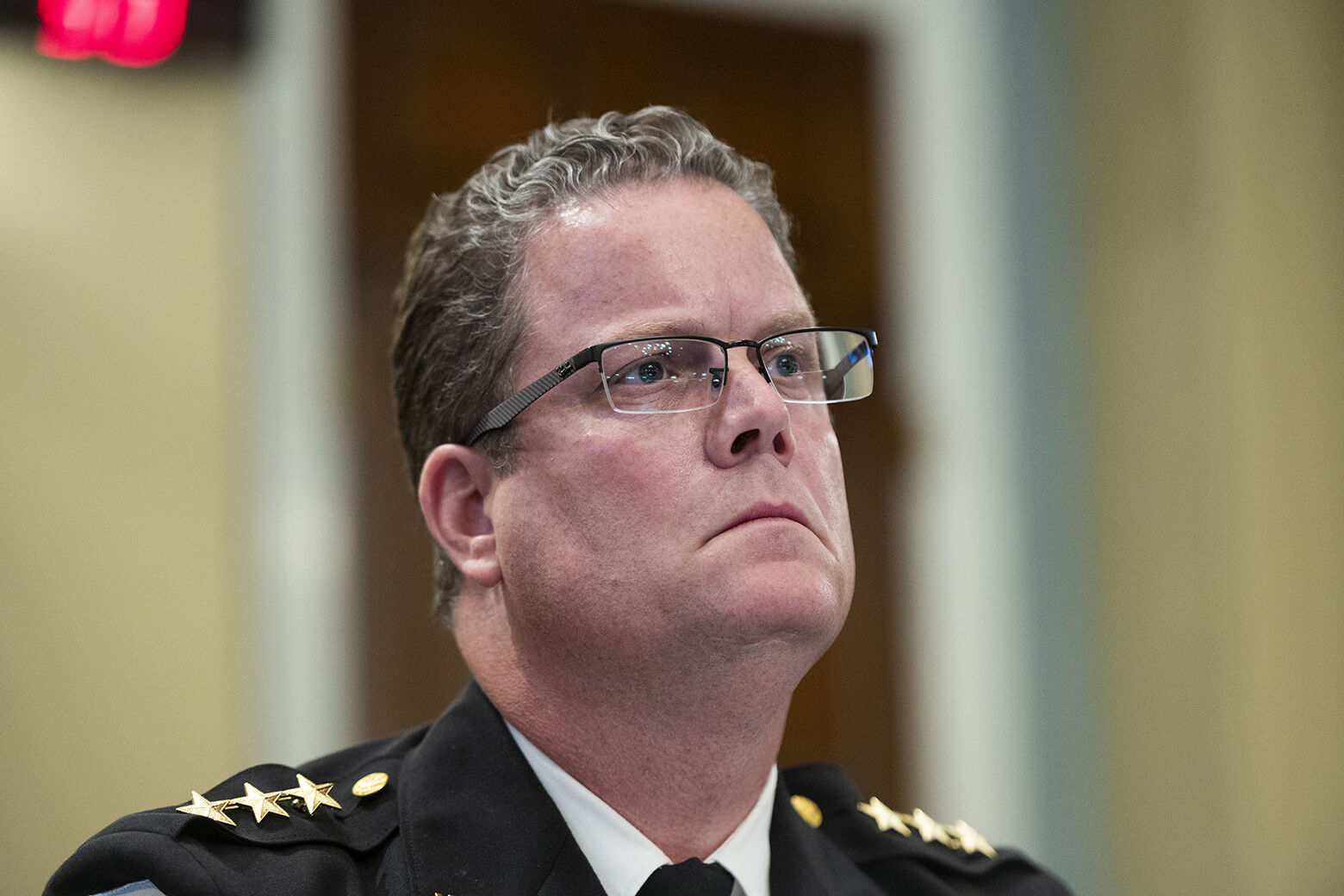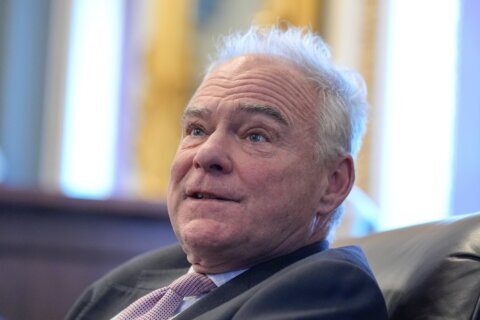
Almost three years since U.S. Park Police officers chased and fatally shot unarmed driver Bijan Ghaisar in Fairfax County, Virginia, and weeks after Lafayette Square was forcefully cleared of protesters, the acting head of the federal agency says he is “not in a position” to adopt body-worn cameras.
In acting Park Police Chief Gregory Monahan’s testimony Tuesday before the House Natural Resources Committee, he said there was “zero correlation” between the clearing of the park, located across Pennsylvania Avenue from the White House, and President Donald Trump’s walk across the park minutes later to pose for photos in front of a church that had sustained minor fire damage during protests the night before.
Virginia Rep. Don Beyer, a Democrat, who was granted a waiver to participate in the committee hearing, told Monahan the agency’s officers — many of whom are his constituents — have long been a valued law enforcement partner in the National Capital Region: “With their behavior that day, they lost our community’s trust.”
Before Monahan had a chance to respond to Beyer’s assertion, the lawmaker noted the acting chief has provided scant details about the 2017 shooting of Ghaisar — which Beyer called a “murder” — citing an ongoing investigation and federal lawsuit filed by Ghaisar’s family.
In November 2019, the Justice Department announced it would not pursue federal charges against officers Alejandro Amaya and Lucas Vinyard, because the agency couldn’t prove beyond a reasonable doubt that the officers willfully violated Ghaisar’s civil rights and would not have been able to disprove the officers’ claims that they acted in self-defense.
Beyer said he had been assured by previous U.S. Park Police Chief Robert MacLean that the agency would implement agencywide body cameras. Federal agencies have lagged far behind local police departments in outfitting officers with the technology.
“There’s language in the House Interior Appropriations Bill that we just passed last week that gets you the money and addresses any policy concerns you may have,” Beyer said. “So, there’s literally no excuse for the Park Police not to adopt body cameras.”
At the end of his multipart question, Beyer asked Monahan: “Chief, can you commit to me, and to the Natural Resources Committee, today, that you will adopt body cameras?”
Monahan’s response: “We are supportive of such a program. We’ve acknowledged its alignment with contemporary trends in law enforcement, as well as the expectations from the public. However, at this time, we are not in a position to successfully implement, manage and sustain a body-worn camera program.”
Beyer didn’t follow-up on why Monahan declined to commit to the program, but the lawmaker concluded with: “I hope that won’t be your ongoing answer.”
The Ghaisar family’s lawsuits, filed in federal court in Alexandria against the officers and the federal government, remain in the pretrial discovery stage.








